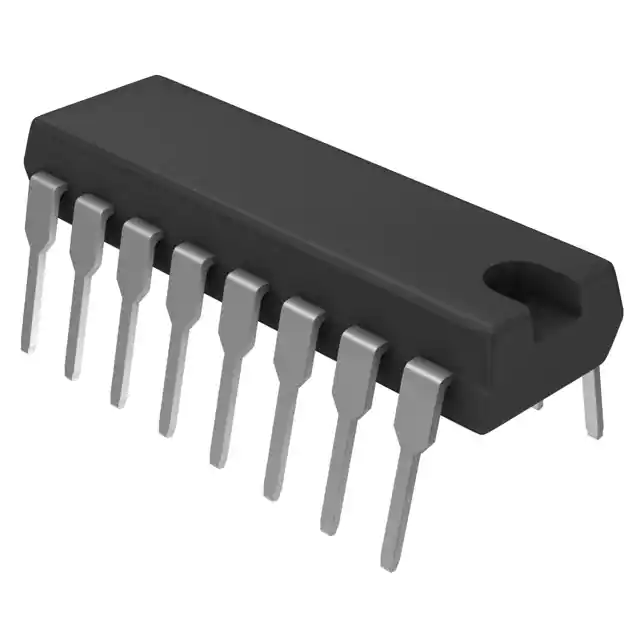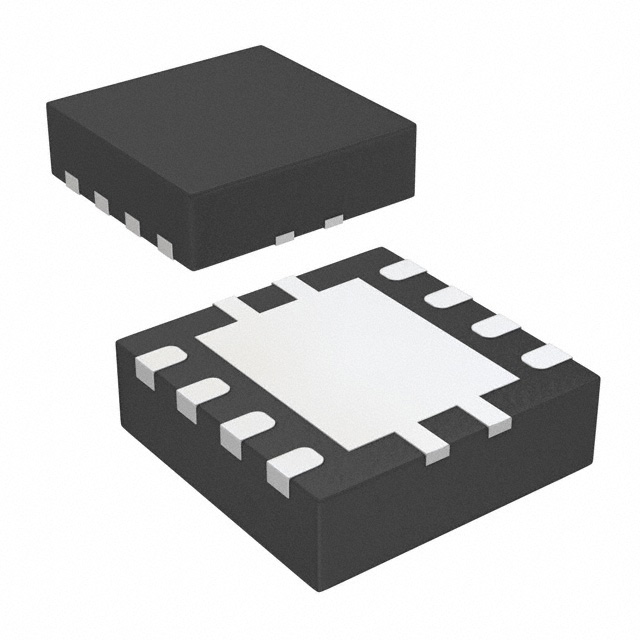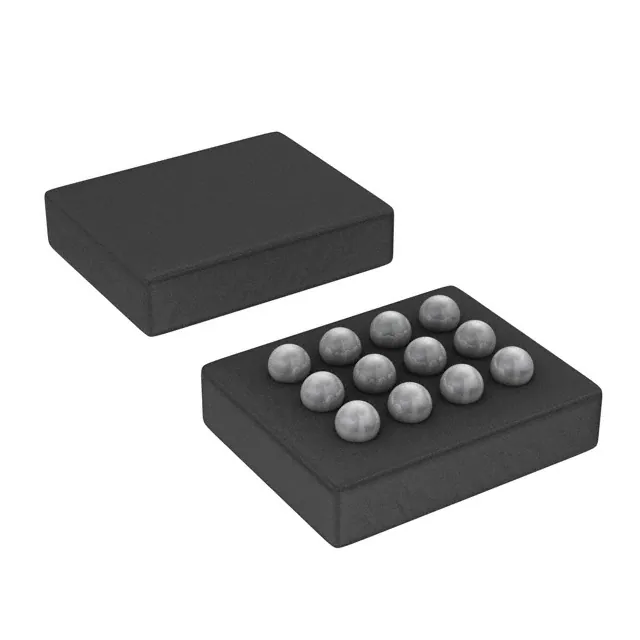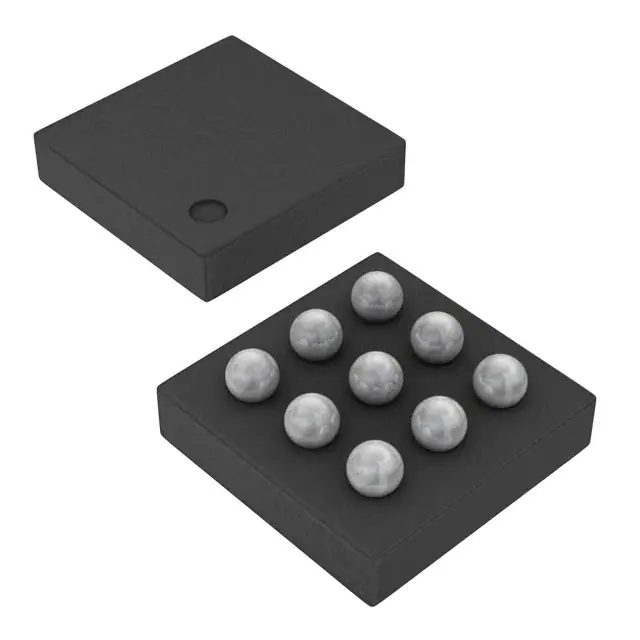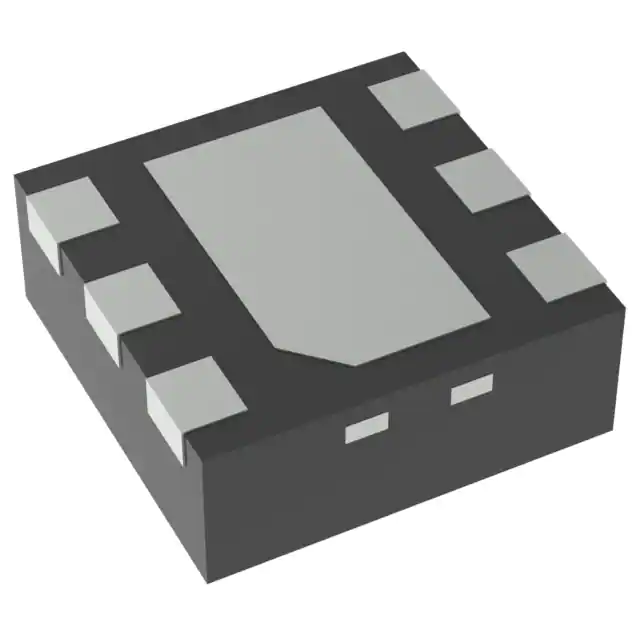Data sheet acquired from Harris Semiconductor
DescriptionThe ’HC147 and CD74HCT147 are high speed silicon-gate CMOS devices and are pin-compatible with low power Schottky TTL (LSTTL).
The ’HC147 and CD74HCT147 9-input priority encoders accept data from nine active LOW inputs (l1 to l9) and provide binary representation on the four active LOW inputs (Y0\ to Y3\). A priority is assigned to each input so that when two or more inputs are simultaneously active, the input with the highest priority is represented on the output, with input line l9 having the highest priority.
These devices provide the 10-line to 4-line priority encoding function by use of the implied decimal "zero". The "zero" is encoded when all nine data inputs are HIGH, forcing all four outputs HIGH.
Feature
- Buffered Inputs and Outputs
- Typical Propagation Delay: 13ns at VCC = 5V, CL = 15pF, TA = 25°C
- Fanout (Over Temperature Range)
- Standard Outputs...10 LSTTL Loads
- Bus Driver Outputs...15 LSTTL Loads
- Wide Operating Temperature Range... –55°C to 125°C
- Balanced Propagation Delay and Transition Times
- Significant Power Reduction Compared to LSTTL Logic ICs
- HC Types
- 2V to 6V Operation
- High Noise Immunity: NIL = 30%, NIH = 30% of VCC at VCC = 5V
- HCT Types
- 4.5V to 5.5V Operation
- Direct LSTTL Input Logic Compatibility, VIL = 0.8V (Max), VIH = 2V (Min)
- CMOS Input Compatibility, Il1μA at VOL, VOH
Data sheet acquired from Harris Semiconductor
DescriptionThe ’HC147 and CD74HCT147 are high speed silicon-gate CMOS devices and are pin-compatible with low power Schottky TTL (LSTTL).
The ’HC147 and CD74HCT147 9-input priority encoders accept data from nine active LOW inputs (l1 to l9) and provide binary representation on the four active LOW inputs (Y0\ to Y3\). A priority is assigned to each input so that when two or more inputs are simultaneously active, the input with the highest priority is represented on the output, with input line l9 having the highest priority.
These devices provide the 10-line to 4-line priority encoding function by use of the implied decimal "zero". The "zero" is encoded when all nine data inputs are HIGH, forcing all four outputs HIGH.

